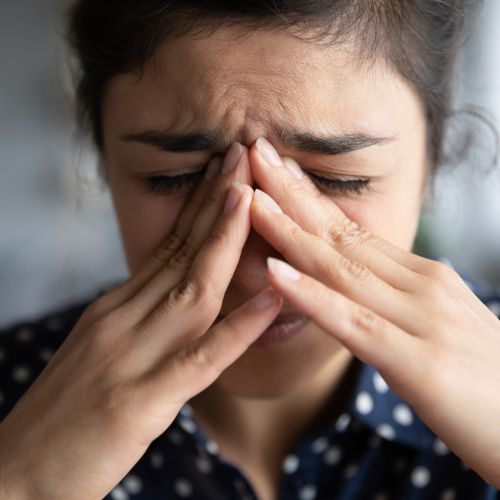
Identifying and Coping with Anxiety and Depression in Kids and Young Adults
Anxiety and depression are common mental health disorders that can affect children and young adults. It is essential to identify the signs and symptoms of anxiety and depression in kids and young adults to provide them with proper care and support. Coping with anxiety and depression can be a challenging experience for young individuals, but it is necessary to overcome these issues and live a healthy and fulfilling life.
Identifying Anxiety and Depression in Kids and Young Adults
Anxiety and depression can manifest in different ways in children and young adults. Parents, teachers, and caregivers must be aware of the signs and symptoms of these disorders to provide timely assistance to those who need it.
Some of the common signs of anxiety in kids and young adults include:
Excessive worrying about everyday activities and events.
Avoiding social situations and interactions with peers.
Difficulty concentrating and staying focused.
Physical symptoms such as headaches, stomachaches, and fatigue.
Sleep disturbances, including difficulty falling asleep or staying asleep.
On the other hand, some common signs of depression in kids and young adults include:
Feelings of sadness, hopelessness, and worthlessness.
Loss of interest in activities they once enjoyed.
Changes in appetite, including overeating or undereating.
Sleep disturbances, including sleeping too much or too little.
Fatigue, lack of energy, and difficulty concentrating.
Coping with Anxiety and Depression in Kids and Young Adults
Coping with anxiety and depression can be a daunting task, but it is essential to seek help and support from professionals, family, and friends. Here are some effective coping strategies that can help kids and young adults overcome anxiety and depression:
Talk about your feelings: Encourage kids and young adults to talk about their feelings and emotions. This can help them feel heard and validated, which can be an essential step towards healing.
Practice relaxation techniques: Teach kids and young adults relaxation techniques such as deep breathing, progressive muscle relaxation, and visualization. These techniques can help them manage their anxiety and depression symptoms.
Stay physically active: Exercise is an effective way to boost mood and reduce anxiety and depression symptoms. Encourage kids and young adults to engage in physical activities that they enjoy, such as sports or dancing.
Seek professional help: If anxiety and depression symptoms persist, seek professional help from a mental health professional. Therapies such as cognitive-behavioral therapy (CBT) and medication can be effective in managing anxiety and depression symptoms.
Stay connected: Encourage kids and young adults to stay connected with their peers and loved ones. Social support is essential in managing anxiety and depression symptoms.
Practice self-care: Teach kids and young adults the importance of self-care. Encourage them to engage in activities that they enjoy, such as reading, drawing, or listening to music.
Set realistic goals: Help kids and young adults set realistic goals that they can achieve. This can help them feel a sense of accomplishment, which can boost their mood and self-esteem.
Conclusion
Identifying and coping with anxiety and depression in kids and young adults is essential for their mental health and well-being. Parents, teachers, and caregivers must be aware of the signs and symptoms of anxiety and depression and provide timely support and assistance to those who need it. Coping with anxiety and depression can be a challenging experience, but with the right tools and support, kids and young adults can overcome these issues and lead a healthy and fulfilling life.


